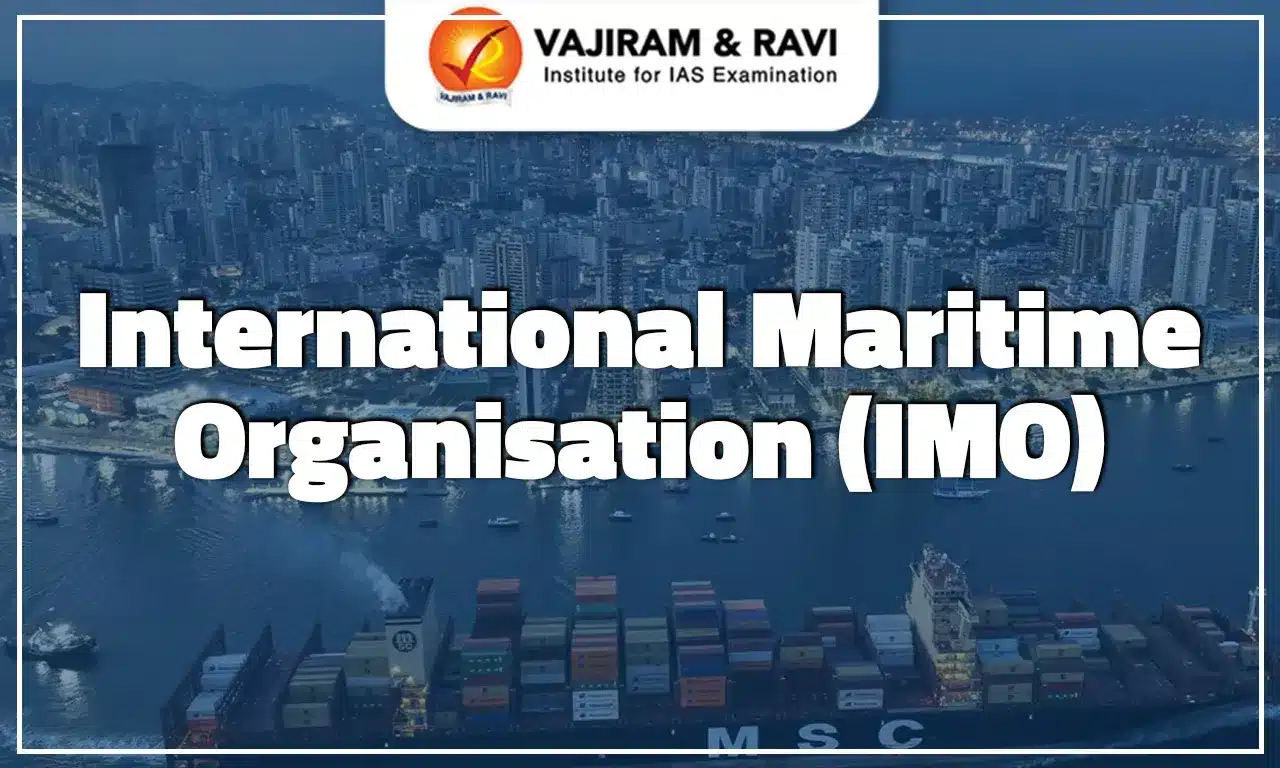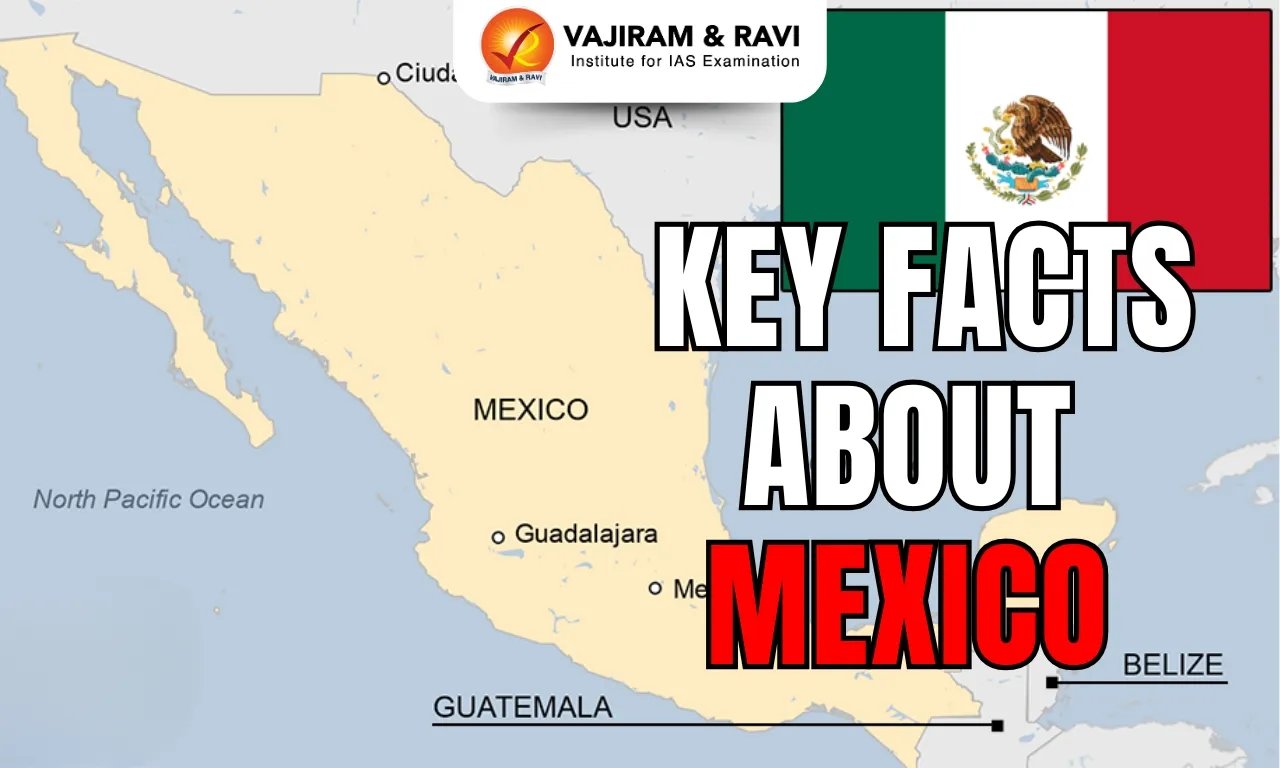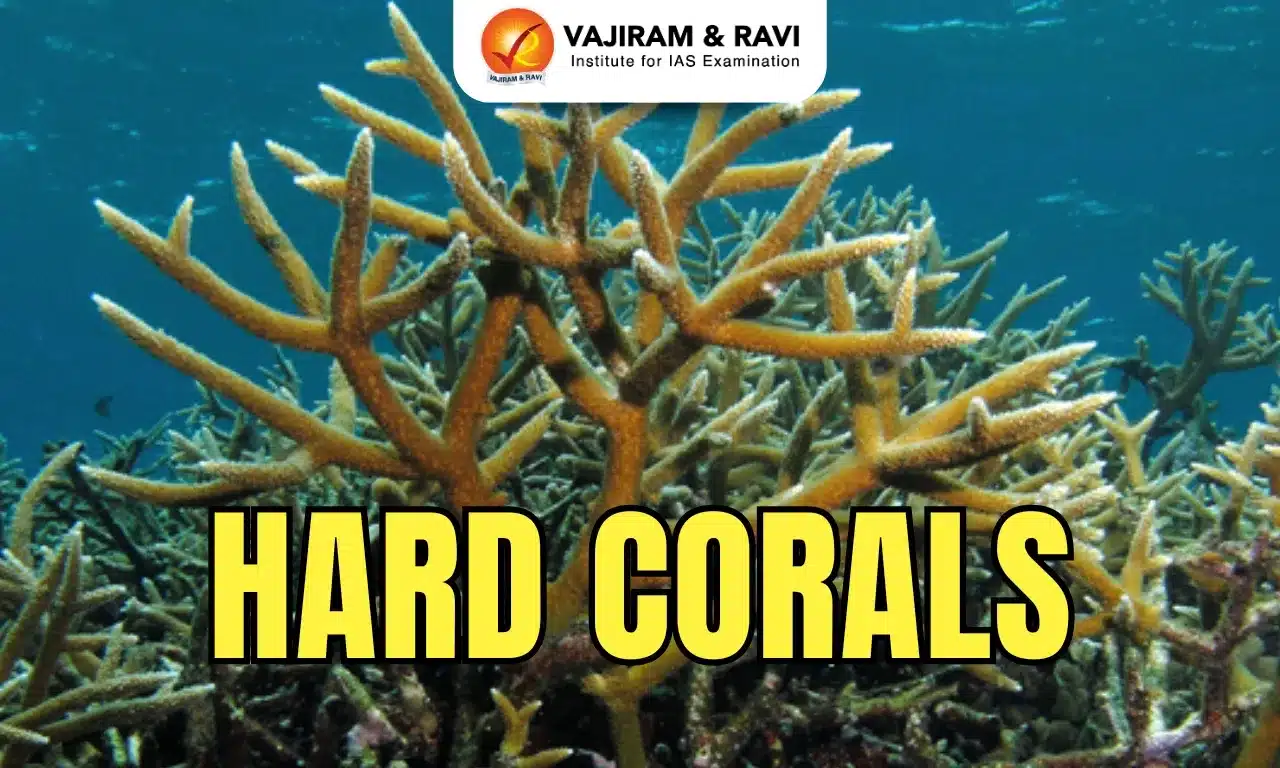International Maritime Organisation Latest News
The United States President Donald Trump recently said that he was “outraged” that the International Maritime Organisation would be voting on whether to impose a carbon emissions price on global shipping and called it a “Global Green New Scam Tax.”
About International Maritime Organisation
- It is the United Nations’ specialised agency responsible for the safety and security of shipping and the prevention of marine pollution by ships.
- With 176 Member States and three Associate Members, IMO is based in London.
- IMO is the global standard-setting authority for the safety, security, and environmental performance of international shipping.
- Its main role is to create a regulatory framework for the shipping industry that is fair and effective, universally adopted, and universally implemented.
- The IMO formulates regulations on shipping safety, maritime security, and environmental protection but does not enforce them.
- Once a member state adopts a regulation, it becomes part of that country’s domestic law.
- It contributes directly to UN Sustainable Development Goal (SDG) 14, which focuses on the conservation and sustainable use of oceans and marine resources.
- The organisation also deals with legal matters such as liability, compensation, and facilitation of maritime traffic.
- Organisational Structure:
- The Assembly is the supreme governing body, comprising all member states. It meets every two years to approve the work programme, budget, and elect members to the Council.
- The Council acts as the Executive Organ, overseeing IMO’s work in between Assembly sessions.
- The IMO has five major committees, which are responsible for policy development and regulation formulation, including the Marine Environment Protection Committee (MEPC).
- Funding is sourced through mandatory contributions by member states and also from voluntary donations and commercial revenue.
Source: MINT
Last updated on December, 2025
→ Check out the latest UPSC Syllabus 2026 here.
→ Join Vajiram & Ravi’s Interview Guidance Programme for expert help to crack your final UPSC stage.
→ UPSC Mains Result 2025 is now out.
→ UPSC Notification 2026 is scheduled to be released on January 14, 2026.
→ UPSC Calendar 2026 is released on 15th May, 2025.
→ The UPSC Vacancy 2025 were released 1129, out of which 979 were for UPSC CSE and remaining 150 are for UPSC IFoS.
→ UPSC Prelims 2026 will be conducted on 24th May, 2026 & UPSC Mains 2026 will be conducted on 21st August 2026.
→ The UPSC Selection Process is of 3 stages-Prelims, Mains and Interview.
→ UPSC Result 2024 is released with latest UPSC Marksheet 2024. Check Now!
→ UPSC Prelims Result 2025 is out now for the CSE held on 25 May 2025.
→ UPSC Toppers List 2024 is released now. Shakti Dubey is UPSC AIR 1 2024 Topper.
→ UPSC Prelims Question Paper 2025 and Unofficial Prelims Answer Key 2025 are available now.
→ UPSC Mains Question Paper 2025 is out for Essay, GS 1, 2, 3 & GS 4.
→ UPSC Mains Indian Language Question Paper 2025 is now out.
→ UPSC Mains Optional Question Paper 2025 is now out.
→ Also check Best IAS Coaching in Delhi
International Maritime Organisation FAQs
Q1. What is the main role of the International Maritime Organisation (IMO)?+
Q2. Where is the headquarters of the International Maritime Organisation located?+
Q3. Does the International Maritime Organisation (IMO) have the authority to enforce the regulations it formulates?+
Tags: international maritime organisation prelims pointers upsc current affairs upsc prelims current affairs

















